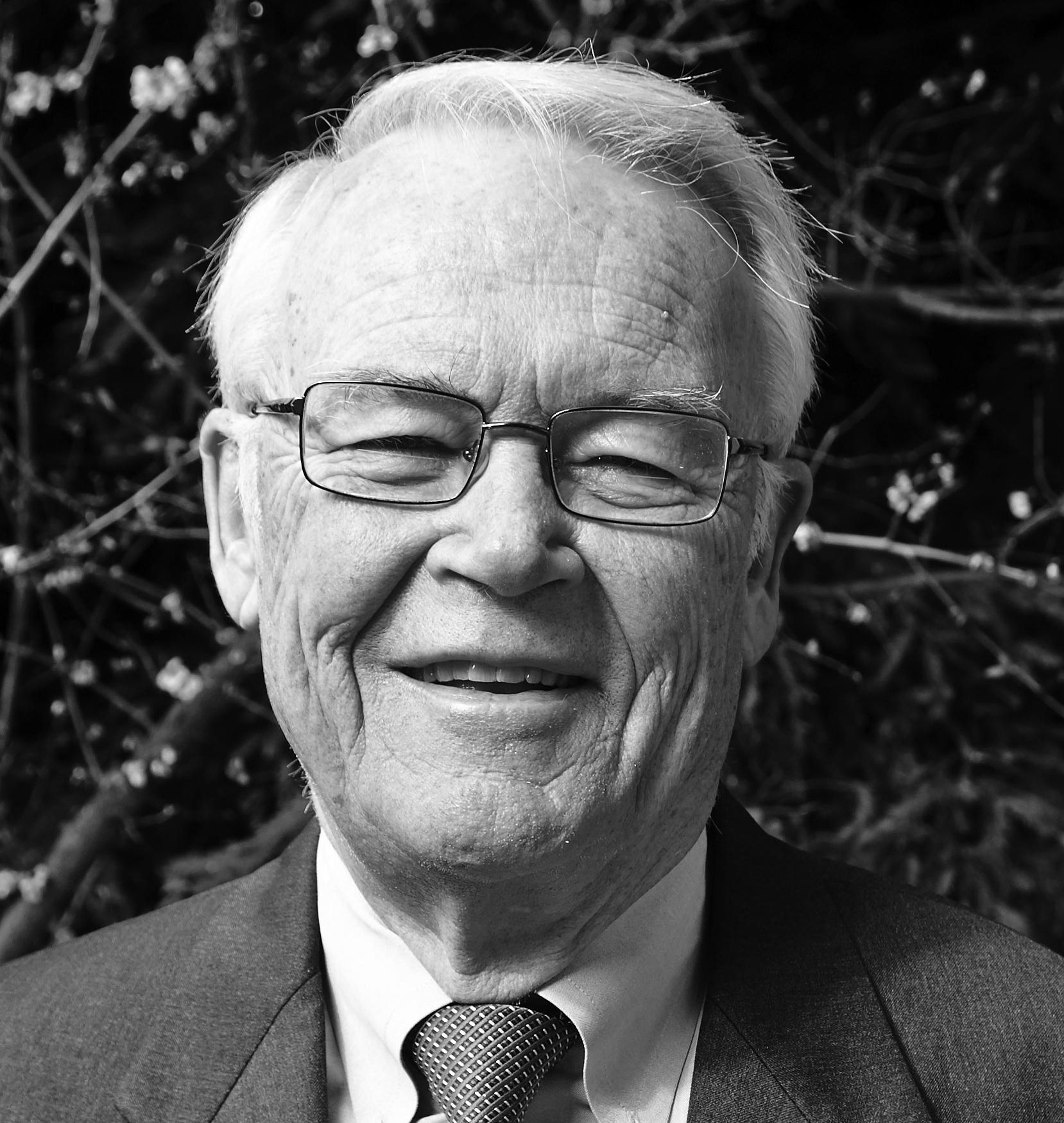BLOG
5 Key Benefits of Higher Purpose Programs
Companies can no longer pretend investors are all that matter. There are many other stakeholders to consider.
Milton Friedman famously said that the “social responsibility of business is to increase profits.” To many observers that is the accepted paradigm. However, a remarkably high number of businesses have a social/environmental higher purpose alongside creating and marketing a functional offering and increasing sales and profits.
5 Key Benefits of Higher Purpose Programs
There are five benefits that motivate these firms and should motivate yours:
1. Employee Alignment
Employees nowadays, especially millennials, seek out a higher purpose. They want to feel that their work means more than the bottom line or a paycheck. A higher purpose that they can support, rally behind or be a part of, can address those needs, and lead to more productive, committed and engaged employees.
2. Customer Connection
A growing segment of customers will build relationships with brands and firms who have a higher purpose that aligns with their own interests or concerns (or avoid brands that don’t). Even if that group is relatively small, it could be influential and contribute to financial success. For example, Prius drivers are extremely loyal to and supportive of the brand due to its unique design and efforts to combat global warming.
3. Bottom-Line Benefits
Consumers aren’t the only drivers of profit from social and/or environmental programs. Organizations can see a positive impact on the bottom-line from:
- Energy savings: In 2005, Walmart decided to undertake its ambitious environmental program; affecting the stores, the products carried, logistics and much more. A surprise early finding was that do-gooder energy programs reduced spend and enhanced profits.
- Expanding markets: Unilever noticed that increasing the health and economic status of third-world families created meaningful markets for their products. A business with insights into local conditions, assets and the ability to quickly implement and manage programs has enormous advantages over government-led solutions.
- Create brand energy and visibility: Social and environmental programs can create energy and visibility that may otherwise be difficult for brands to achieve. Consider Always’ #likeagirl video campaign – designed to encourage self-esteem for those transitioning into womanhood. With over 80 million views, it achieved a rare feat for a product advertising campaign.
- Intrinsic benefits: A reduction of catastrophic damage to the environmental, social and economic framework in which we live would objectively be a plus for long-term business profitability.
4. Stock Market Investor Support
The stock market rewards social or environmental programs. Per the Global Sustainability Investment Alliance’s 2016 review, $8.7 trillion had been invested in sustainability and social impact in the U.S. (up 33 percent from only two years prior). That number represents 22 percent of all investment assets in U.S. professional management. So it is not clear that there is a need to turn against the stock market to have a social or environmental higher purpose.
5. Doing the “Right” Thing
For a large number of firms, social and environmental programs are pursued because it is simply right from a moral and ethical perspective. Salesforce’s Marc Benioff says, “All businesses can and should help make the world a better place.” While Unilever’s CEO Paul Polman notes that the Unilever business model is focused on finding solutions to ensure that the needs of communities carry the same weight as the demands of shareholders.
“All businesses can and should help make the world a better place.”
Marc Benioff, Salesforce
The ethical rationale usually comes from having empathy with people that, because of your business, you get to see up close. If you see the devastation caused by global warming, children dying before reaching 5 or kids with inadequate education resources – and your firm can do something about it within your business model – why would you not act?
Consider the Dove programs to raise the self-esteem of girls and women and Lifebuoy’s program to get one billion people to change their handwashing habits to reduce infant deaths throughout the world (they are halfway toward the goal).
In the face of this logic and firm behavior, we saw the specter of the Brazilian private equity group, 3G Capital, who own Kraft Heinz and InBev and whose strategy was summarized by Fortune as “Buy Squeeze Repeat,” rebuffed in their effort to buy Unilever. Unilever is a shining light with its umbrella USLP (Unilever Sustainable Living Plan), launched in 2010, and its many social programs. Can you imagine what 3G would do to Unilever?
FINAL THOUGHTS
There are multiple rationales for a higher purpose. If you have examples of brands that illustrate please let us hear from you in the comments.
This blog is based on an article published in David Aaker’s column in AMA Marketing News.
